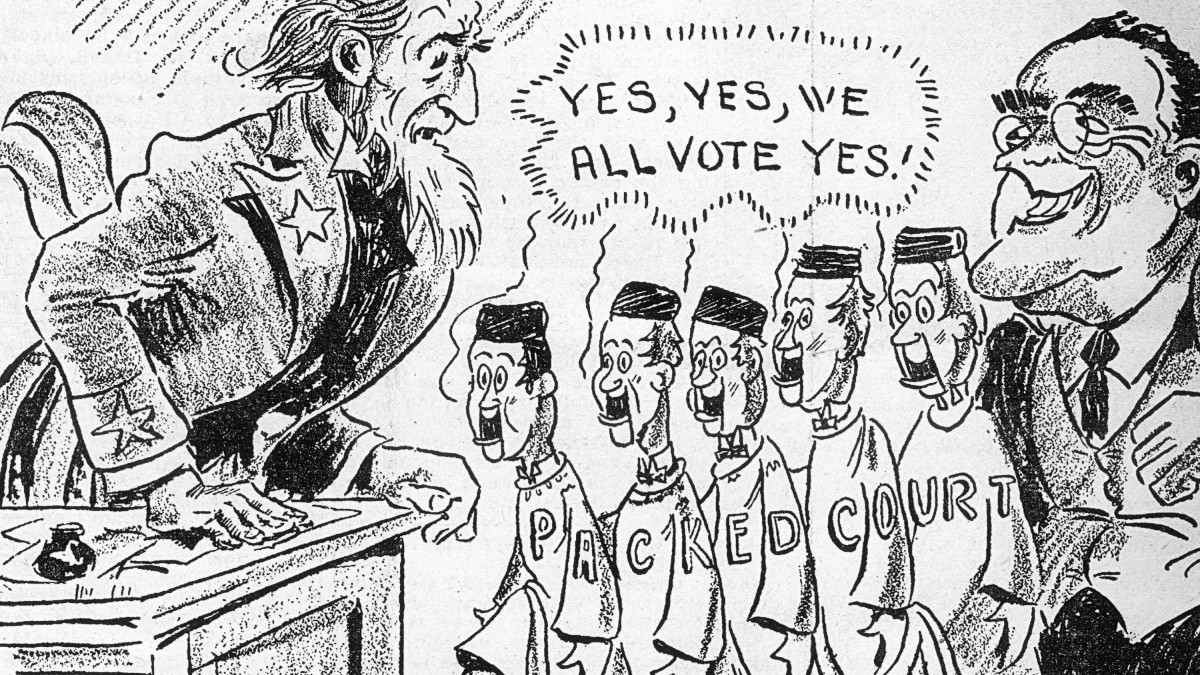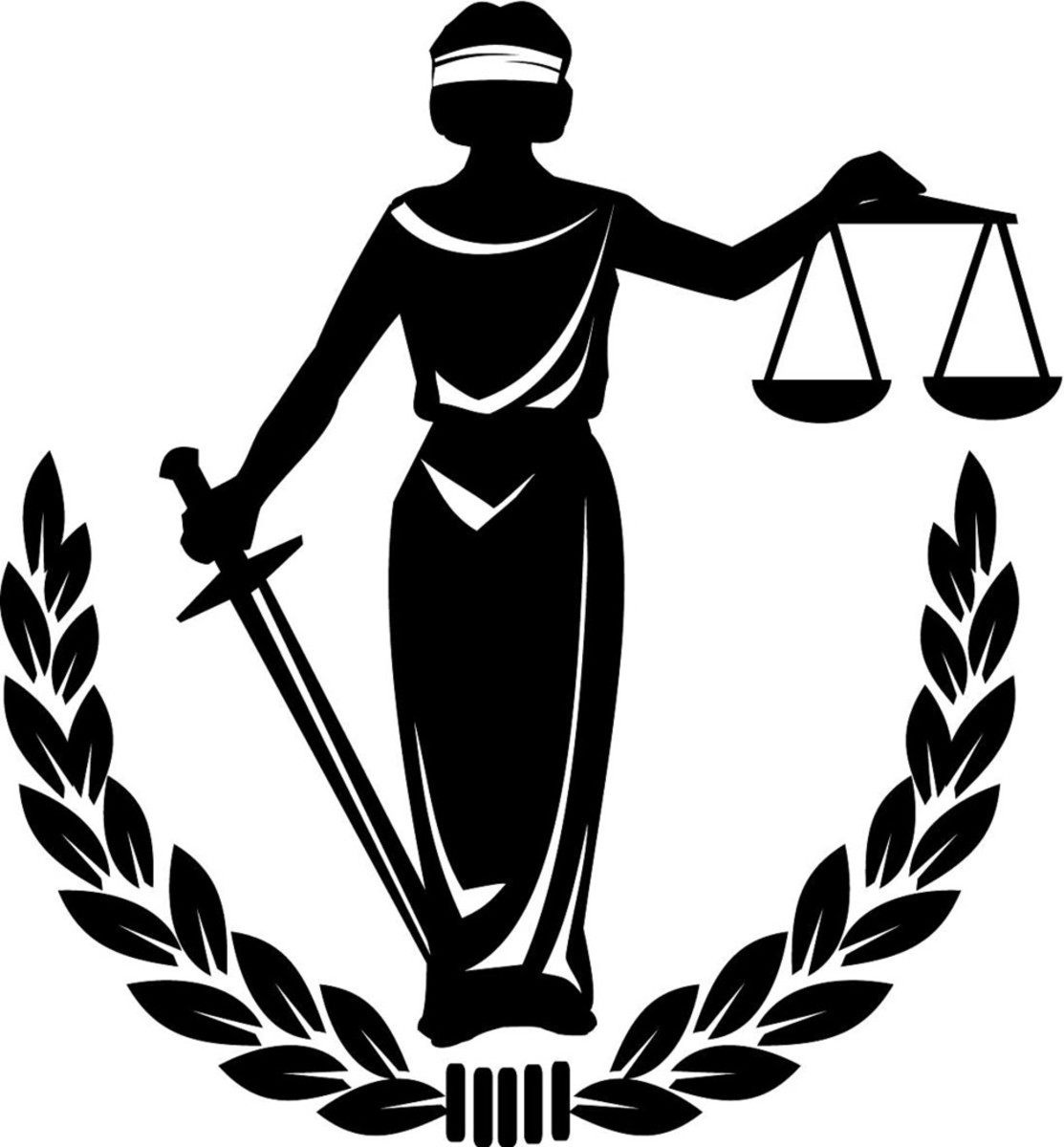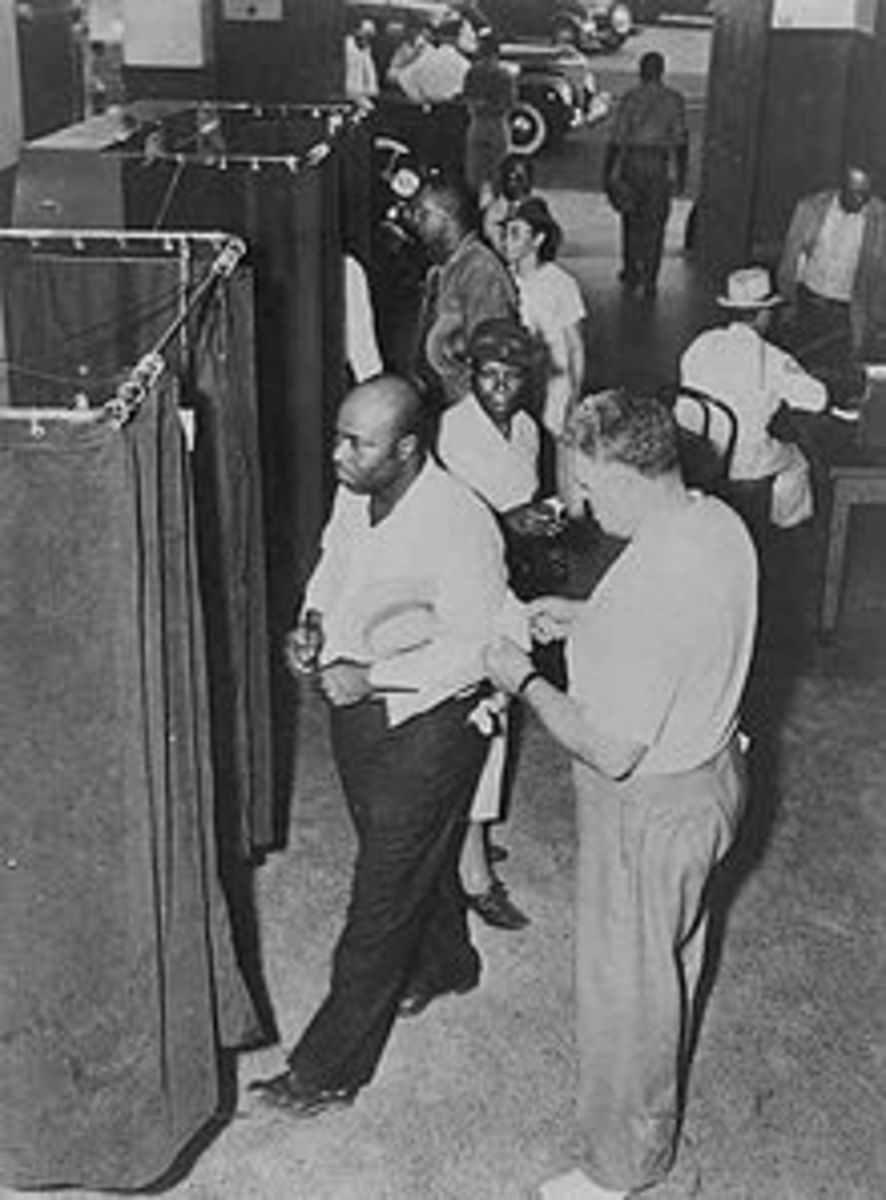Does the Supreme Court have the authority to overrule state constitutions?
The Supreme Court makes many decisions regarding sometimes controversial issues which in some cases may not make sense especially if there is no clear distinction as to the requirements in the Constitution. The same is also true regarding federal laws signed by the President. The Supreme Court has the responsibility and authority to rule on the constitutionality of laws and issues associated with the various amendments. The point to be made is that many laws are passed in state legislatures and unless the constitutionality of a state constitution is part of the decision they should not impact the operations of a state government entity.
Supreme Court decisions like the recent one involving the 14th amendment have no impact on state constitutions. The point of the decision made stated involved the rights of individuals to have equal protection of the laws. Equal protection is one thing but if it involves such issues as freedom of religion and practicing your religious beliefs are two separate distinctions. Individuals can have equal protection under the law but individuals should not be forced to violate their religious principles like in the case of the Kentucky clerk. In addition the citizens of the state of Kentucky amended their constitution to make it unconstitutional to recognize or perform same-sex marriages or civil unions. This amendment was approved by 75% of the voters.
Section 1 of the 14th amendment is provided below:
“ Section 1. All persons born or naturalized in the United States, and subject to the jurisdiction thereof, are citizens of the United States and of the State wherein they reside. No State shall make or enforce any law which shall abridge the privileges or immunities of citizens of the United States; nor shall any State deprive any person of life, liberty, or property, without due process of law; nor deny to any person within its jurisdiction the equal protection of the laws.”
This part of the Constitution is at the center of this latest case but there are potentially many others where the Supreme Court has made decisions which are not directly engrained within the language of the Constitution. According to section 5 of the amendment it clearly states that Congress shall have the power to enforce, by appropriate legislation, the provisions of this article. In this regard it is up to Congress to pass appropriate legislation to enforce the provisions of this amendment. It is not within the power or authority of the Supreme Court to made decisions which are in conflict with the content of state constitutions unless the decision involves a state constitution. In a situation involving state constitutions and their content the court can only rule on the constitutionality with respect to the content of the U.S. Constitution.
It is widely accepted that the Supreme Court is the top law authority of the country but it does not mean any decisions made automatically overrules a state constitution in every instance. The Supreme Court in recent years has made decisions which seem out of place with reality and the Constitution but they are the law as it relates to laws passed by Congress and the rules and regulations of the Executive Branch.
Another point to make is amendment 10 to the Constitution which states that the powers not specifically granted to the federal government in the Constitution are left to the jurisdictions of the states. The Constitution is clear in this respect but Congress and the Executive Branch seem to have lost their focus on what they can and cannot do given their authority and responsibilities.
Part of the responsibility of Congress associated with Supreme Court decisions is to make changes in the laws when Supreme Court decisions do not agree with the intent of Congress.
The Supreme Court is one of the three branches of government and as such they have responsibilities and authority as defined in the Constitution. Some decisions as with lower courts amount to legislating from the bench. This is not meant to be a slam on the Supreme Court and their process as they have made great decisions but they have also made bad or poor decisions which in some cases defy logic.
One last point which is important to make is that decisions made by the Supreme Court do not automatically void the content of state constitutions. Many decisions are being made and have been made are clearly under the jurisdiction of the states not the federal government. It is appropriate that this court make decisions about state decisions contained within cases before them. Other than that they have no jurisdiction to impact the laws passed by state legislatures.








![Texas v. Johnson - The 1st Amendment Right to Burn the American Flag: Something You May Not Have Known [148]](https://usercontent1.hubstatic.com/6789546_f120.jpg)